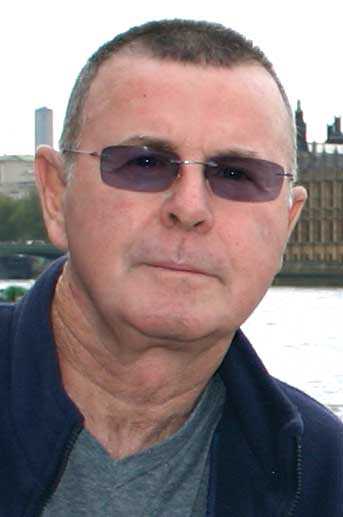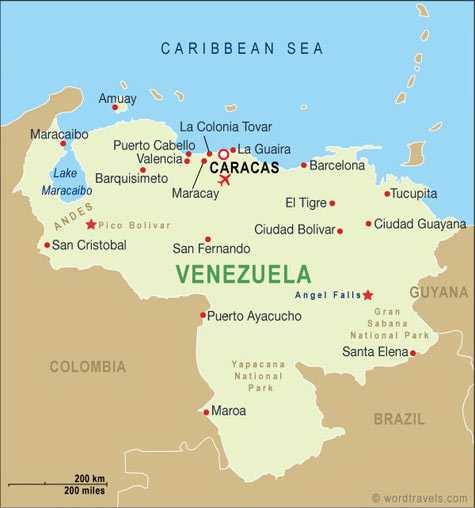VHeadline News Editor Patrick J. O’Donoghue reports: During a visit to Turkey, Venezuelan Foreign Minister Nicolas Maduro has signed an important energy agreement with his Turkish counterpart, Ahmet Davutoglu.
 The visit is seen as part of the Venezuelan government’s campaign to open up relations with what it considers key countries as part of its pluri-polar foreign policy.
The visit is seen as part of the Venezuelan government’s campaign to open up relations with what it considers key countries as part of its pluri-polar foreign policy.
Maduro stated that for Venezuela it is important to achieve agro-industrial, infrastructure and housing development and for that purpose it needed to transfer machinery and supplies from Asia to Venezuela. Venezuela’s approach to Turkey, Maduro declared, is to pursue an economic high-level agenda to establish “a new world financial architecture.”
Turkey’s Foreign Minister highlighted Venezuela’s strategic location with access to the Caribbean and the Atlantic Ocean. Turkey is hoping that it can access the rest of Latin America and the Caribbean via Caracas and Venezuela harbors the same hope to penetrate Asian and Middle Eastern markets through Turkey.
The keynote to the visit was the signing of an energy cooperation agreement to kick-start the strategic alliance. Turkey will invest in the Orinoco Oil Belt and refine Venezuelan crude. Maduro confirmed that Turkey will receive oil from Venezuela and then both nations will make joint oil investments in third countries.
Minister Maduro also met Turkey’s Foreign Trade Secretary, Ahmet Yakici to express his country’s interest in bilateral projects in housing, food and exports. Today, Maduro is expected in the Ukraine to open work sessions agreed to during President Chavez’ visit to that country three weeks ago.
Patrick J. O’Donoghue


